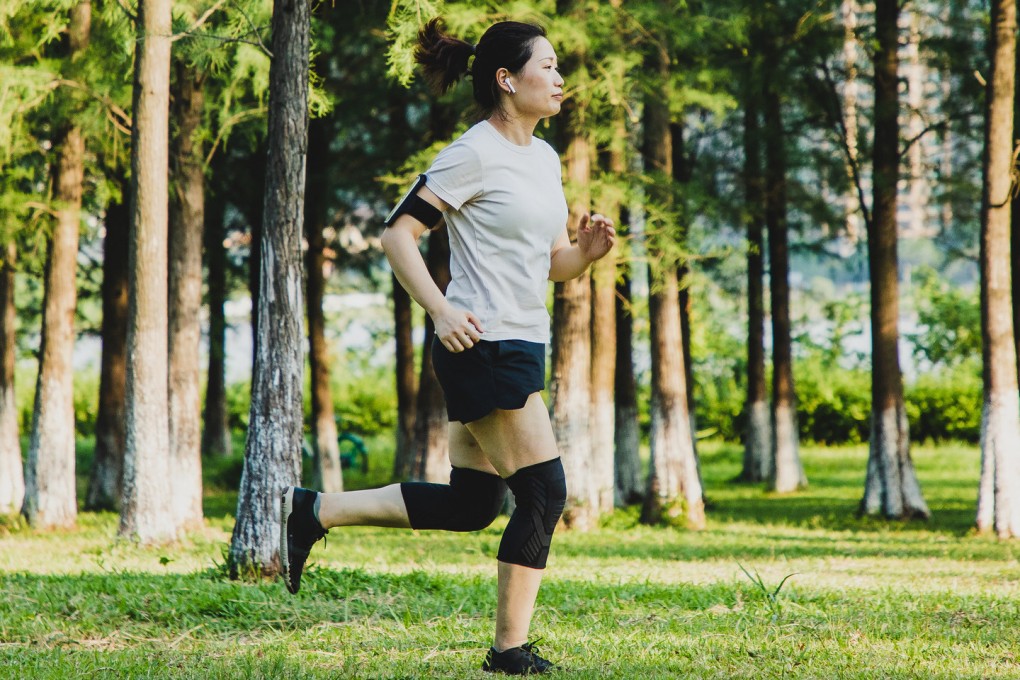Advertisement
How to improve your mental and physical health in eight weeks: expert-led free course from Asics works on your fitness, breathwork and mindfulness
- Japanese sportswear giant Asics has developed a free online course that involves movement, breathwork, meditation, music therapy and reconnecting with nature
- An independent study shows 71 per cent of participants felt happier after completing it, and it was linked to lower stress levels and higher work performance
Reading Time:4 minutes
Why you can trust SCMP

Are you looking to boost your physical and mental health as the second year of the Covid-19 pandemic draws to a close? Movement for Mind, an eight-week audio course from Japanese sportswear giant Asics, aims to improve well-being through a combination of physical exercise and mindfulness techniques.
The course was developed with input from seven wellness experts with diverse backgrounds in disciplines ranging from breathwork and sophrology (a stress-relieving meditation method) to music psychology.
Designed to be completed outdoors, Movement for Mind has a different expert lead two 30-minute coaching sessions each week. Participants are guided through mindfulness-related exercises, combined with either walking or running.
Advertisement
The programme progresses sequentially to help develop skills such as focus, awareness and control, and evolves to explore methods to strengthen connections with the natural world and live in the moment.
Gary Raucher, executive vice-president of category at Asics, described the programme as an extension of the company’s founding purpose.
Advertisement
Advertisement
Select Voice
Choose your listening speed
Get through articles 2x faster
1.25x
250 WPM
Slow
Average
Fast
1.25x